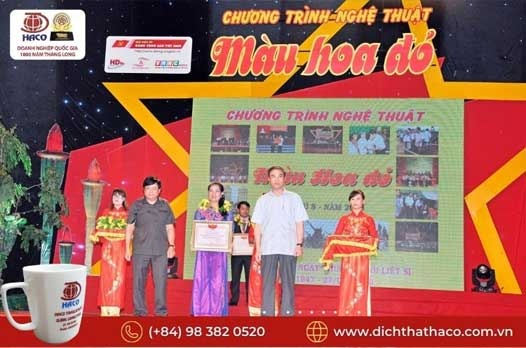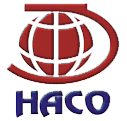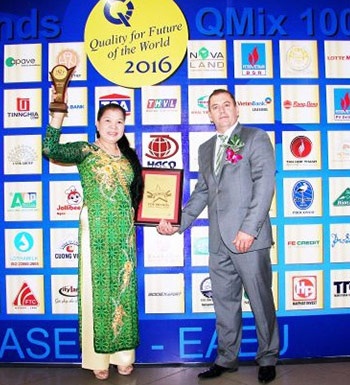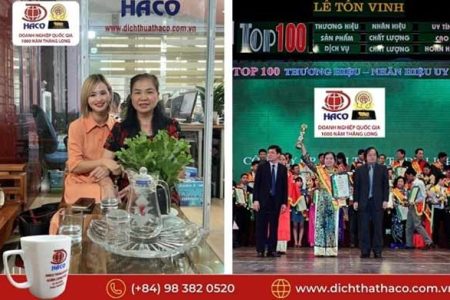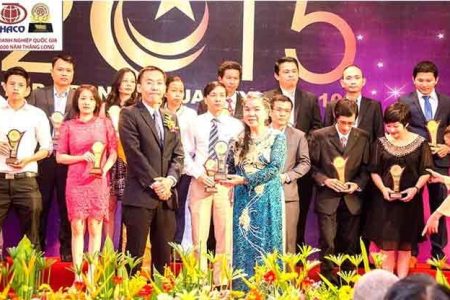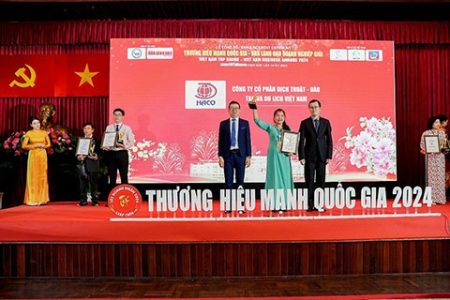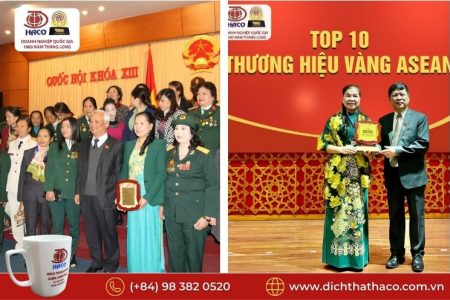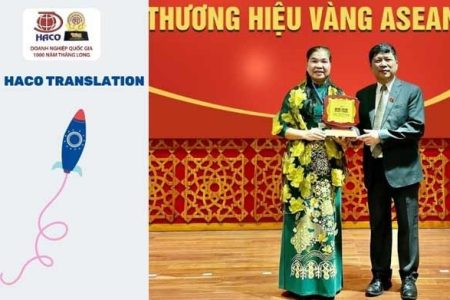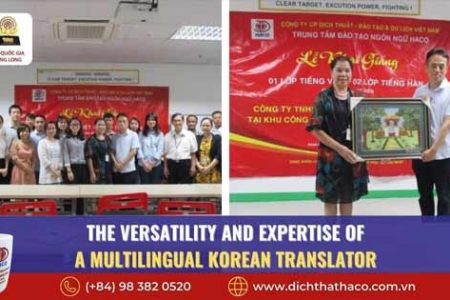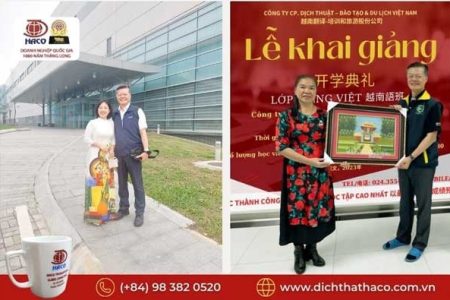"Unlock the Language of Japan with Our Professional Translations"
What is Japanese translation?
Welcome to our Japanese translation company! We are a team of experienced translators and interpreters who specialize in providing high-quality translations of Japanese documents and audio recordings. Our services are tailored to meet the needs of our clients, whether they are individuals, businesses, or organizations. We strive to provide accurate and reliable translations that are faithful to the original source material. Our team is committed to providing the best possible service and ensuring that our clients are satisfied with the results. Thank you for considering us for your translation needs.
The Role of Cultural Sensitivity in Japanese Translation Services
Cultural sensitivity is an essential component of Japanese translation services. It is important for translators to be aware of the nuances of the language and culture in order to accurately convey the intended meaning of the source text.
In Japan, the language and culture are closely intertwined. The language is heavily influenced by the culture, and the culture is heavily influenced by the language. As a result, it is important for translators to be aware of the cultural context of the source text in order to accurately convey the intended meaning.
For example, when translating a document from Japanese to English, the translator must be aware of the differences between the two languages. In Japanese, there are many words and phrases that have no direct English equivalent. In order to accurately convey the intended meaning, the translator must be aware of the cultural context of the source text and be able to make appropriate substitutions.
In addition, cultural sensitivity is important when translating from English to Japanese. In English, certain words and phrases may have different meanings in different contexts. For example, the word “love” can mean different things depending on the context. In order to accurately convey the intended meaning, the translator must be aware of the cultural context of the source text and be able to make appropriate substitutions.
Finally, cultural sensitivity is important when translating from Japanese to English and vice versa. In both languages, there are certain words and phrases that have no direct equivalent in the other language. In order to accurately convey the intended meaning, the translator must be aware of the cultural context of the source text and be able to make appropriate substitutions.
In conclusion, cultural sensitivity is an essential component of Japanese translation services. It is important for translators to be aware of the nuances of the language and culture in order to accurately convey the intended meaning of the source text. By being aware of the cultural context of the source text, translators can make appropriate substitutions and ensure that the intended meaning is accurately conveyed.
The Impact of Machine Translation on Japanese Translation Services
Machine translation (MT) has had a significant impact on Japanese translation services. MT is a form of language translation that uses computer algorithms to translate text from one language to another. It has become increasingly popular in recent years due to its ability to quickly and accurately translate large amounts of text.
MT has had a major impact on the Japanese translation services industry. It has allowed for faster and more accurate translations, which has resulted in increased efficiency and cost savings for businesses. Additionally, MT has enabled businesses to reach a wider audience by providing translations in multiple languages. This has allowed businesses to expand their reach and increase their customer base.
MT has also had a positive impact on the quality of translations. By using MT, translators are able to produce more accurate translations in a shorter amount of time. This has resulted in higher quality translations that are more accurate and reliable.
Finally, MT has allowed for more efficient communication between businesses and their customers. By providing translations in multiple languages, businesses are able to communicate more effectively with their customers. This has resulted in improved customer service and satisfaction.
Overall, MT has had a significant impact on Japanese translation services. It has allowed for faster and more accurate translations, increased efficiency and cost savings, higher quality translations, and improved communication between businesses and their customers. As a result, MT has become an invaluable tool for businesses that need to communicate with their customers in multiple languages.
HACO TRANSLATION COMPANY – THE 1ST PRESTIGIOUS TRANSLATION SERVICE PROVIDER IN VIETNAM

COME WITH HACO TO FEEL THE DIFFERENCE AND COMPARE;
YOU WILL SEE THE BRAND WORTHY TO CHOOSE
20 years of accompanying enterprises
The Challenges of Translating Japanese to English and Vice Versa
Translating between Japanese and English can be a challenging task due to the vast differences between the two languages. Japanese is a language with a unique writing system, complex grammar, and a large number of homophones. English, on the other hand, is a language with a more straightforward writing system, simpler grammar, and fewer homophones.
When translating from Japanese to English, one of the biggest challenges is the complexity of the Japanese writing system. Japanese is written using three different scripts: hiragana, katakana, and kanji. Each of these scripts has its own set of rules and conventions, and it can be difficult to accurately convey the meaning of a text when translating from one script to another. Additionally, Japanese has a large number of homophones, which can make it difficult to accurately convey the intended meaning of a text.
When translating from English to Japanese, one of the biggest challenges is the complexity of the Japanese grammar. Japanese has a complex system of verb conjugations and particles that can be difficult to accurately convey in English. Additionally, English has fewer homophones than Japanese, which can make it difficult to accurately convey the intended meaning of a text.
Overall, translating between Japanese and English can be a difficult task due to the vast differences between the two languages. It is important for translators to have a thorough understanding of both languages in order to accurately convey the intended meaning of a text. Additionally, it is important for translators to be familiar with the cultural context of the text in order to ensure that the translation is accurate and appropriate.

Note when choosing a Japanese translation company
When choosing a Japanese translation company, here are some important factors to consider:
- Expertise: Look for a translation company that has expertise in Japanese language and culture, and specializes in the type of translation you need. Make sure they have native Japanese speakers as part of their team, who are knowledgeable in the subject matter of your project.
- Quality Assurance: Check whether the translation company has a quality assurance process in place, which includes proofreading and editing by a second linguist. Make sure they also use the latest translation technology to ensure accuracy and consistency.
- Turnaround Time: Ask about the expected turnaround time for your project and check if it meets your deadlines. Make sure the company is responsive and easy to communicate with, and provides regular updates on the progress of your project.
- Pricing: Look for a company that offers transparent pricing and doesn't have hidden fees. Get a quote from them upfront and make sure it fits within your budget.
- Confidentiality: Ensure that the company has measures in place to maintain the confidentiality of your project, especially if it contains sensitive information.
- Customer reviews: Check the company's reviews and ratings from previous clients to get a sense of their level of service and quality.
- Flexibility: Look for a translation company that is flexible and can accommodate your specific needs, whether it's rush projects or specific formatting requirements.
By considering these factors, you can choose a reputable Japanese translation company that can deliver high-quality translations to meet your specific needs.
The Benefits of Working with a Professional Japanese Translation Company
Working with a professional Japanese translation company can provide numerous benefits for businesses and individuals alike. Professional translation companies offer a wide range of services, from document translation to website localization, and can provide a high level of accuracy and quality. Here are some of the key benefits of working with a professional Japanese translation company.
Accuracy: Professional translation companies employ experienced translators who are highly knowledgeable in the Japanese language. They are able to accurately translate documents and other materials, ensuring that the meaning and intent of the original text is preserved. This is especially important when translating legal documents, medical records, and other important documents.
Quality: Professional translation companies use the latest technology and software to ensure that the translations they produce are of the highest quality. They also use a rigorous quality assurance process to ensure that all translations are accurate and free of errors.
Speed: Professional translation companies are able to provide fast turnaround times, allowing businesses and individuals to get their documents translated quickly and efficiently. This can be especially beneficial for businesses that need to translate documents quickly in order to meet deadlines.
Cost-effectiveness: Professional translation companies are often more cost-effective than hiring an individual translator. This is because they are able to leverage their experience and resources to provide competitive rates.
These are just some of the benefits of working with a professional Japanese translation company. By working with a professional translation company, businesses and individuals can ensure that their documents are accurately translated and of the highest quality. This can help to ensure that their documents are understood by their intended audience and can help to improve their business operations.
How to Choose the Right Japanese Translation Company for Your Business
When it comes to finding the right Japanese translation company for your business, there are a few key factors to consider. First, it is important to assess the company’s experience and expertise in the field. Look for a company that has a proven track record of successful translations and a team of experienced translators who are knowledgeable in the language and culture of Japan.
Second, consider the company’s customer service. Make sure the company is responsive to your inquiries and provides timely feedback. Additionally, look for a company that offers a variety of services, such as proofreading, editing, and formatting, to ensure that your translations are accurate and professional.
Third, consider the company’s pricing structure. Make sure the company offers competitive rates and is transparent about their fees. Additionally, look for a company that offers discounts for bulk orders or long-term contracts.
Finally, make sure the company is reliable and trustworthy. Ask for references and read customer reviews to get an idea of the company’s reputation. Additionally, look for a company that is willing to provide a free sample of their work to ensure that their translations meet your expectations.
By taking the time to research and compare different Japanese translation companies, you can find the right one for your business. With the right company, you can ensure that your translations are accurate, professional, and delivered on time.
There are many translation offices located in Vietnam that provide professional language translation services. Some of the popular ones include:
- HACO – a translation company that provides services in over 80 languages, with offices in Hanoi and Ho Chi Minh City.
- VietLingo – a professional language service provider based in Ho Chi Minh City.
- Asia Translation – a full-service translation company that provides professional translation services in a wide range of industries.
- TransViet – a Vietnamese translation company that offers a range of services, including document translation, website localization, and more.
- Viet Translations – a leading provider of professional translation services in Vietnam, specializing in legal, medical, and technical translations.
These are just a few examples of the many translation offices that are located in Vietnam. It’s important to do your own research and choose a company that meets your specific needs and requirements.
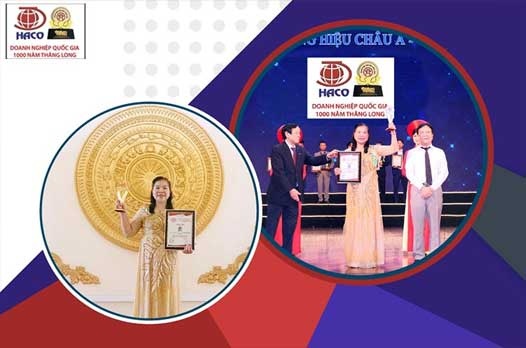
HACO translation has been a HACO translation center since 1995 at Hanoi University of Foreign Languages, now Hanoi University. After 10 years of operation in the field of translation, the Center has transformed itself into a new company on January 14, 2005, named Hanoi Translation – Training and Tourism Co., Ltd. – Address : No. 6, A8 House, collective of Foreign Language University, Thanh Xuan Bac Ward, Thanh Xuan District – Hanoi City.
